Overview
History
Games
Photographs
Programs
Tickets
Schedules
Media Guides
Miscellaneous
Roster
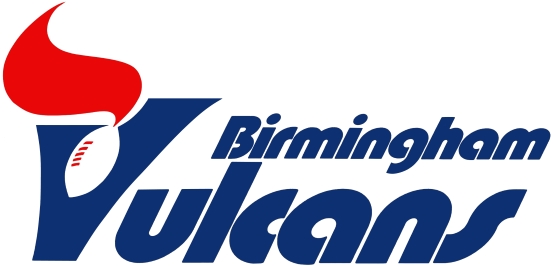
Legion Field
Wikipedia (Birmingham Vulcans)
Wikipedia (WFL)
|
Home Overview History Games Photographs Programs Tickets Schedules Media Guides Miscellaneous Roster |
 |
The World Football League Website Legion Field Wikipedia (Birmingham Vulcans) Wikipedia (WFL) |
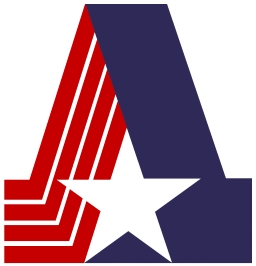 |
|
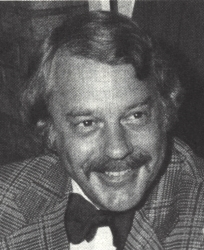 |
|
| Birmingham Americans owner William R. Putnam |
|
 |
|
| Proposed team logo | |
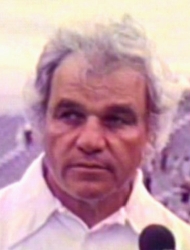 |
|
| Head coach Marvin Bass | |
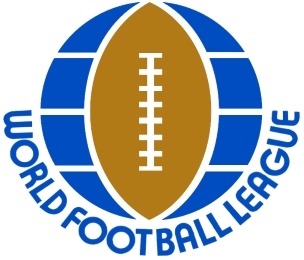 |
|
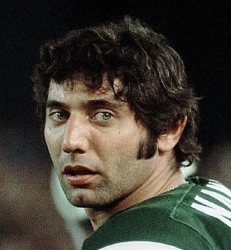 |
|
| New York Jets quarterback Joe Namath |
|
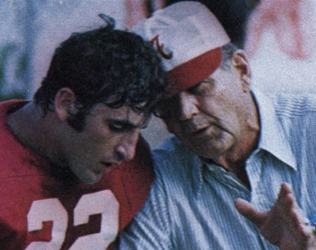 |
|
| Johnny Musso with Alabama head coach Paul "Bear" Bryant |
|
 |
1975 World Football League |
|||||||||
| xxx | xxx | xxx | xxx | xxx | xxx | |||||
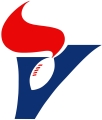 |
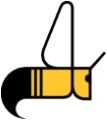 |
 |
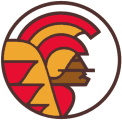 |
 |
||||||
| Birmingham Vulcans | Charlotte Hornets | Chicago Winds | The Hawaiians | Jacksonville Express | ||||||
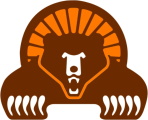 |
 |
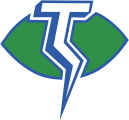 |
 |
 |
||||||
| Memphis Southmen | Philadelphia Bell | Portland Thunder | San Antonio Wings | Shreveport Steamer | ||||||
 |
||||||||||
| Southern California Sun | ||||||||||
| 1975 World Football League |
|
| Western Division |
Eastern Division |
| Chicago Winds | Birmingham Vulcans |
| The Hawaiians | Charlotte Hornets |
| Portland Thunder | Jacksonville Express |
| San Antonio Wings | Memphis Southmen |
| Shreveport Steamer | Philadelphia Bell |
| Southern California Sun | |
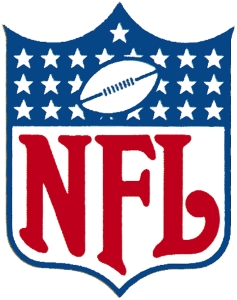 |
|
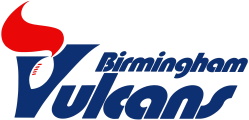

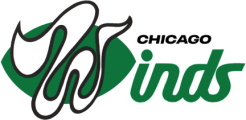 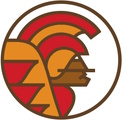
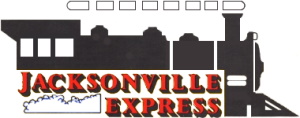

 



 



|
||||||||||||||||||||||||||||||||||||||||||||||||||||||||||||||||||||||||||||||||||||||||||||||||||||||||||||||||||||||||||||||||||||||||||||||||||||||||||||||||||||||